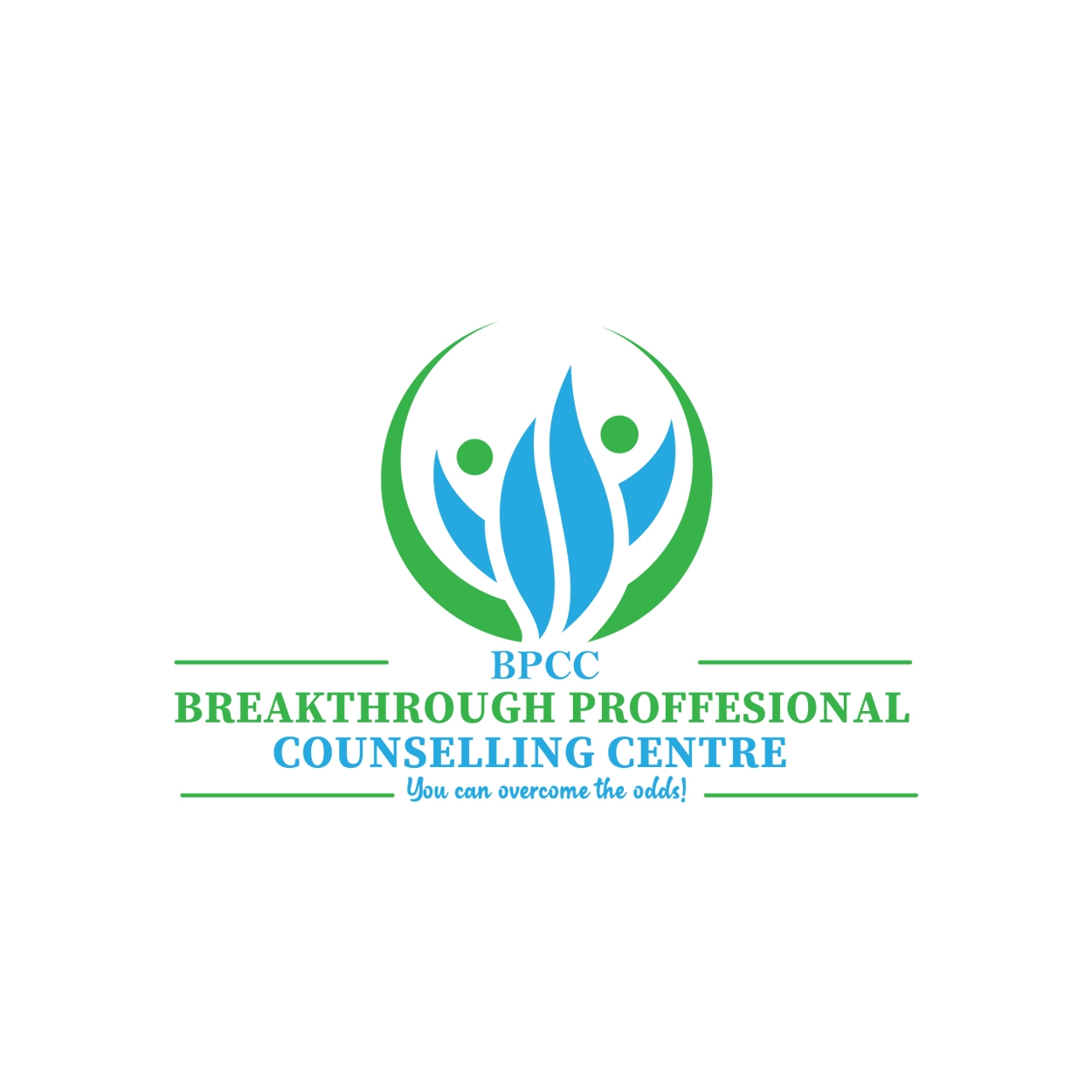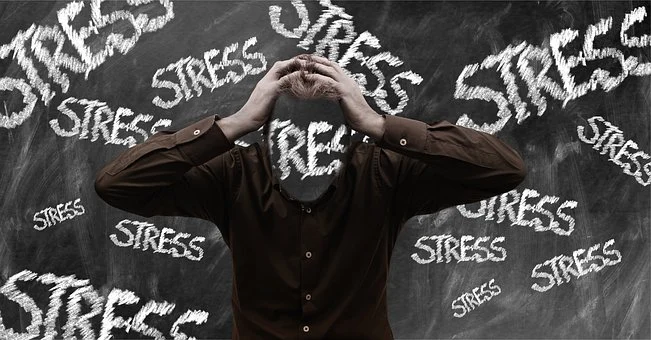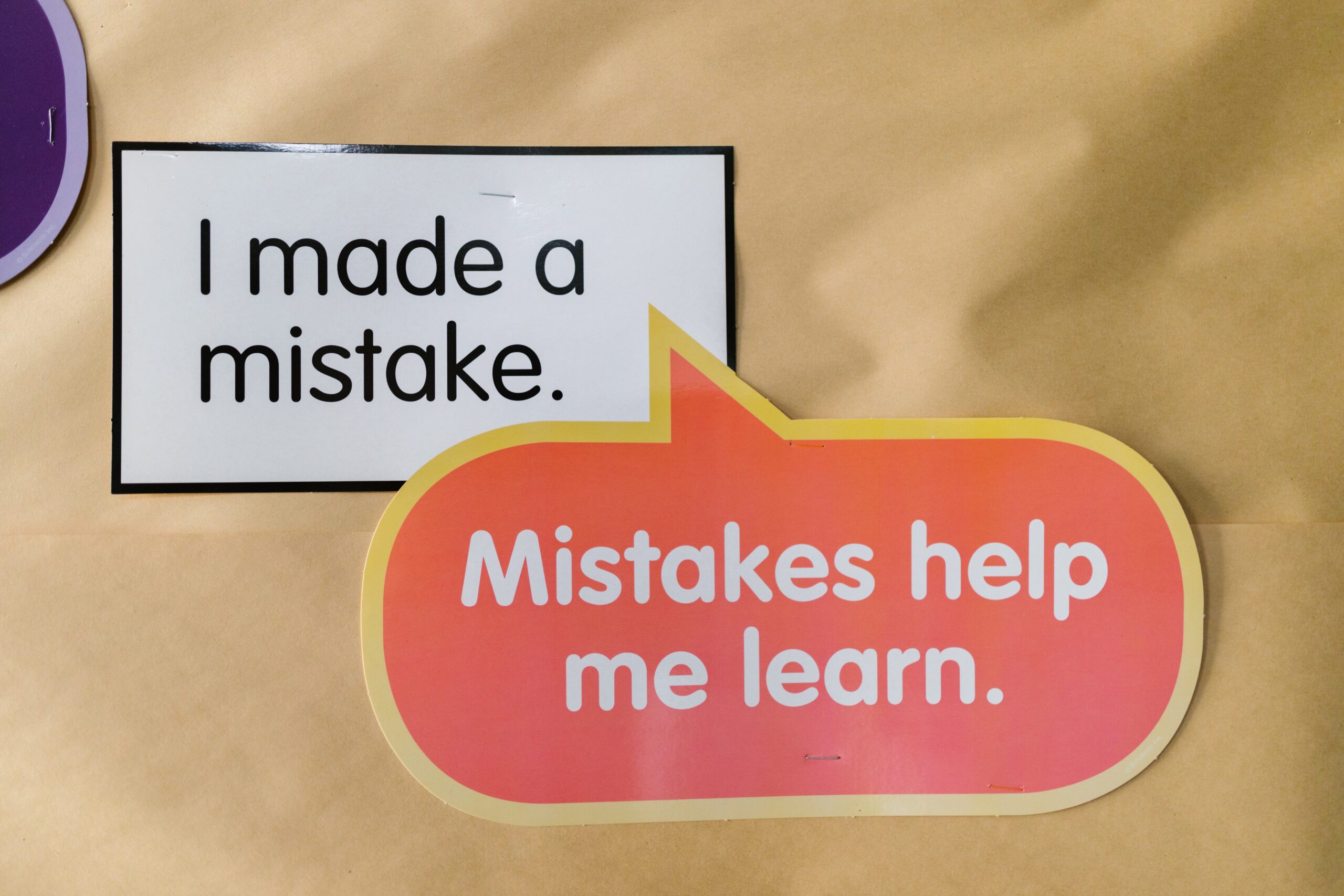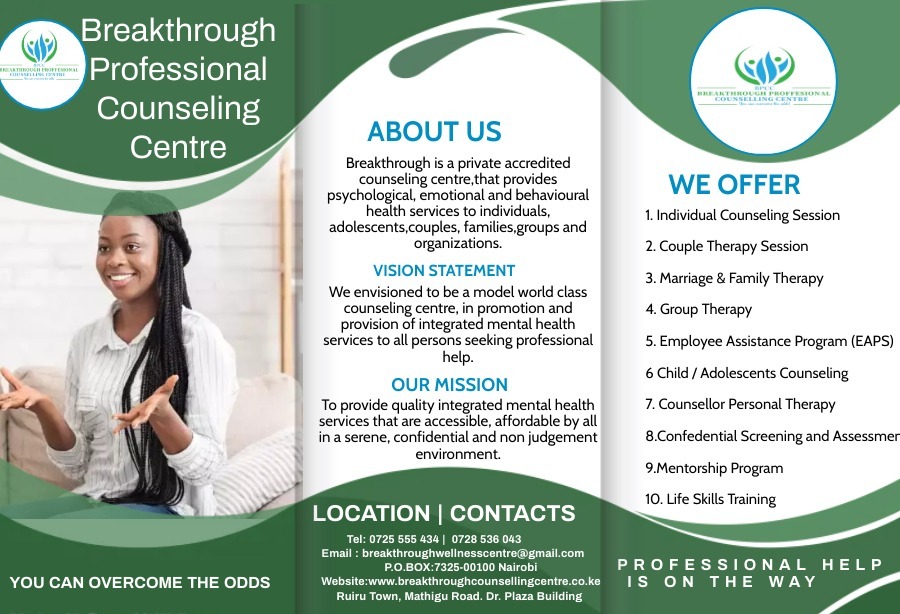How To Support Your Loved One To Recover from Horrors of Addiction
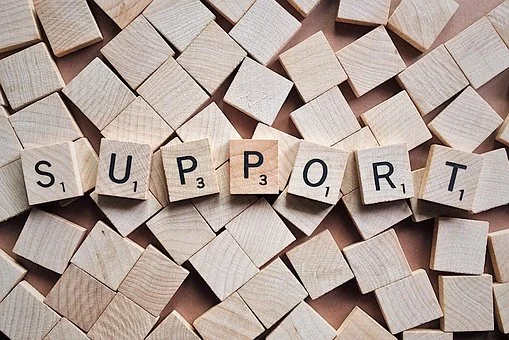
Living with someone who is battling with substance abuse disorder can be challenging and mind-boggling. This could be a close friend or a loved one.
When an individual is hooked to addiction the whole family is affected. Sometimes, you might feel enmeshed or rather triangulated and bogged down in an unproductive way of doing things.
This might even make you feel bad, and all this holds you back. Probably, something inside you is telling you to stop supporting the person that you’ve done a lot for him/her, in terms of committing to rehab, paying treatment fees, and supporting them in their worst situation.
Right now, you could be wondering what to do, and you don’t understand why you’re feeling this way. The situation triggers an emotional roller coaster, feel unwell, or depressed. That’s normal as far as you can maintain perspective and take care of yourself.
Recovery is a gradual process, which comes with unique challenges that a person in early recovery might grapple with newfound self. Among these challenges could be adapting to a drug-free lifestyle, cravings, triggers (people places things and emotional state) as well as stigma.
When the “recovering person, integrates back into the community after completing the program for 90-180 days in a rehabilitation centre, they expect people/community to accept them as they are, and offer them much-needed support in addiction recovery.
Just like everyone else you and I included have a desire to fulfill the need to belong/ associate with others. However, if this does not happen you may experience feelings of rejection, lower your self-esteem, isolate yourself from others and provoke different emotions that can be overwhelming to handle/ trigger cravings and relapse.
Therefore, family support is essential at this stage of recovery. Imagine a baby who is learning how to stand and walk, would the baby require you to support him/her to develop the strength to stand and walk by themselves?
Equally recovering from addiction and, forming a new habit is a learning process that requires time patience and family support are important in early recovery, to make it meaningful and fulfilling.
Why, is it important to support your loved one in recovery?
It creates a sense of belonging
Everyone human being has a physiological need to feel and to belong which is an essential need for survival.
Addiction is a lonely disease and isolative behaviour that compromises the way one relates with self and others this might leave one experiencing an emotional upheaval and lower self-esteem.
If the recovering person feels accepted, important, loved, and has a sense of belonging it builds their motivation for recovery, to change the unwanted behaviours, and stay sober.
Provide a favourable environment for recovery
Family support helps to create a serene, non-judgmental environment unbiased perspective, and a haven for the recovering person. This increases the high chances of recovering.
Help in raising self-esteem
Addiction damages one self-esteem and leaves the person feeling unwanted and isolating themself from other family members.
When this kind of help support is offered, this might help the recovering person feel good about self and build confidence and improve self-esteem. This is achieved by appreciating and validating a change in certain behaviour.
What kind of support can you offer to your loved one in recovery?
1. Moral Support.
This is offering non-tangible support/emotional support, being there, intentionally listening to genuine care and showing them love this makes the recovering person feel loved and supported in the journey of recovery. Sometimes we all need help, a shoulder to lean on.
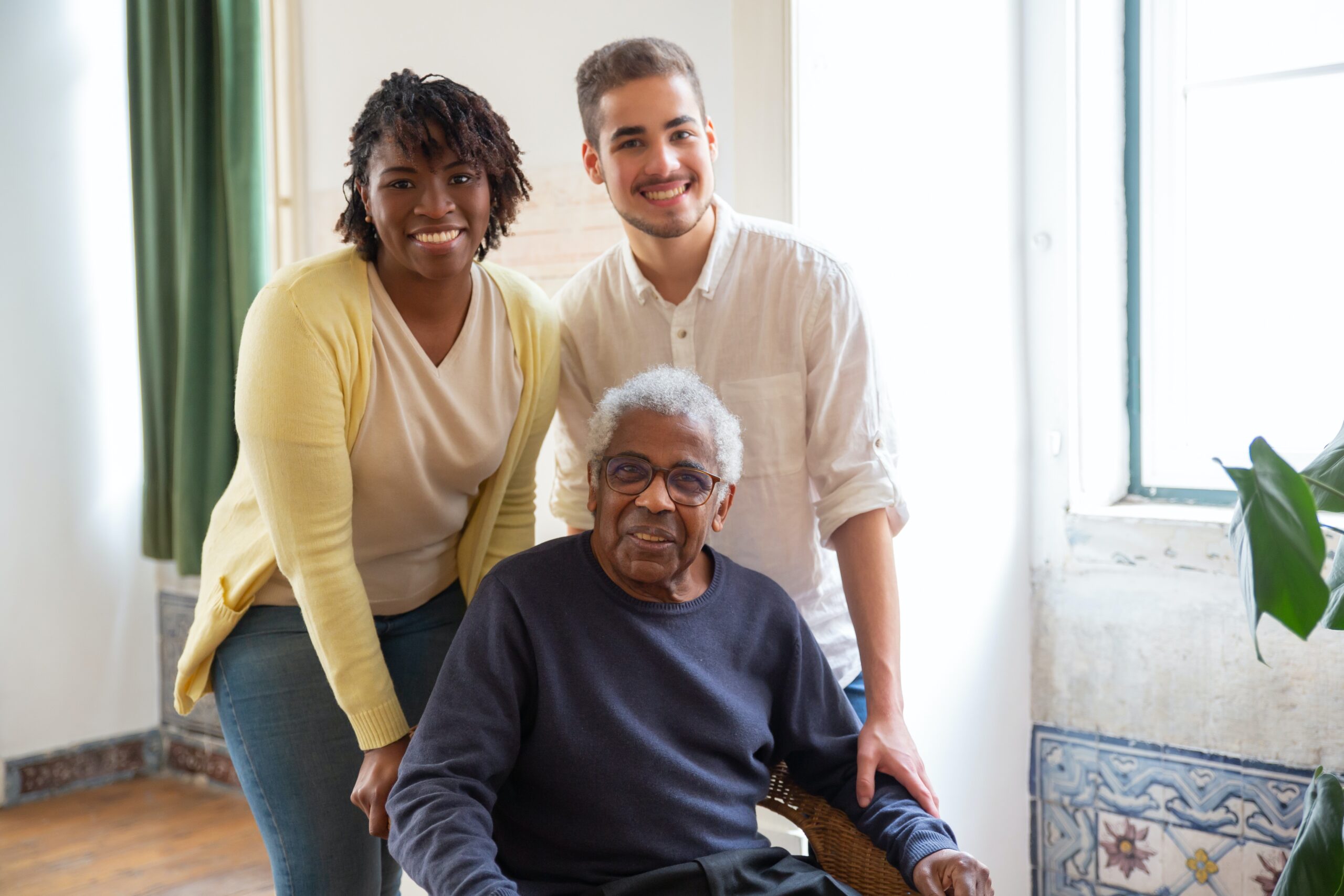
2. Financial Support.
Material support when it is necessary and healthy should be done with moderation to avoid the person being dependent on you or rather becoming an enabler.
3. Social support
Encouraging your loved ones to join a support group such as AA meetings. Being there with the recovering person in a social gathering, support groups, etc.
So, how can you support your loved one in recovery without getting yourself enmeshed, triangulated, leading to a dependency on you, or enabling unhealthy behaviours?
Tip# 1. Have a Paradigm Shift
This is the ability to separate the disease from the patient and sins from the sinner. Meaning instead of seeing a drunkard or a failure you start seeing a recovering person, their potential, and optimism.
Tip # 2 Avoiding imposing your own decisions
Allow the recovering person to make his/her own decision, this makes the person feel respected valued and important. Imposing your own decision sometimes might work/fail if they fail you will end up being blamed and this can act as relapse justification. Deciding on one might lower self-esteem/ make the person feel frustrated not involved disrespected and rebel against you affecting your relationship.
Tip# 3 Do not make promises, you can’t keep.
There’s no way you can avoid giving promises to encourage a change of behaviour in a recovering person. however, if you want to make promises to the person either to motivate /encourage the behaviour it is good to honour your promises. Do not make a promise you can’t keep, as this might make the person blame you and find a reason to indulge in self-destructive behaviour to deal with distress.
Tip# 4 Apply Tough Love
Distancing yourself from unhealthy behaviours while remaining connected to the person and being supportive. This is supporting where you feel it is necessary (healthy) and saying no to demands, unhealthy this will help the person own up and assume responsibility.
Tip # 5 Set limits/healthy boundaries
Maintaining a healthy distance that does not consume or drain you. Know your limits in the relationship to maintain healthy boundaries who need to do what, and how far can you go with helping the person. Do your part and let the person shoulder their responsibilities as well, poor boundaries between you/family members and a recovering person can lead to enmeshment
Tip # 6 Avoid Catastrophizing situation
This is seeing the worst possible outcome in every situation let go of the past, allow the person to make mistakes, and adjust your perspective. Focus on the best possible outcome.
Tip # 7 Join a support Group/ system
This is a support system for you and other family members, there are three types of support groups available for you that you can join. Namely: (Al-anon Ala-teen and ACOA) Al-anon -fellowship for men and women living with a recovering person, Ala-teen meeting for children living with someone battling with substance use disorder.
Tip # 8 Learn more about addiction
Before helping a recovering person, it is important to learn more about the nature of addiction might help you understand what your loved one is going through and help to improve your levels of empathy.
Tip # 9 Show your loved one authentic love
This is unconditional /authentic love, accepting the person as they are with weakness challenges, and misdoing.
Tip # 10 Open communication
Encourage your loved ones to share their thoughts and feelings openly without judging them, this will help to identify the problems, understand and help in healthily addressing them.
Final Word
Helping your loved one to stay sober is a journey that requires time patience and empathy. Accepting your loved ones the way they are might help connect with the person and, evoke motivation for change which is crucial.
These are useful skills for families affected by addiction Need help? We’re here for you, where your journey to immense peace of mind starts.
Written By: Samuel Mburu,
Accredited Counsellor
